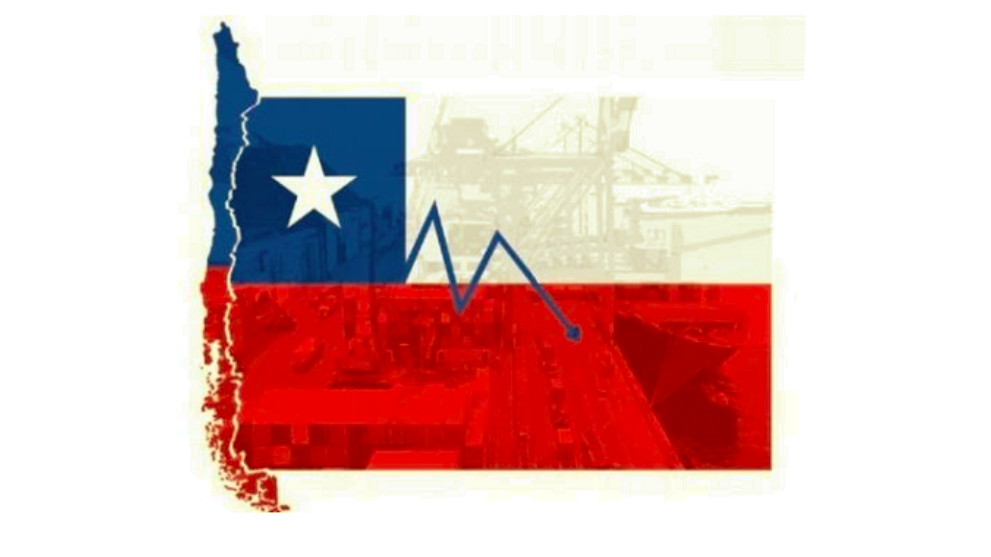The Central Bank of Chile officially revealed that the IMACEC activity index suffered a 0.1% drop in March 2023 and a 2.1% retraction compared to last year.
The collapse exceeded all analysts’ forecasts, who expected a negative variation of between 1.3% and 1.7% for the same month.
Thus, the country’s real economic activity deepened a recessionary phase that accumulated for 15 months.

The IMACEC contracted to 1.52% compared to the level it had in December 2021.
The recessionary trend severely punished the mining sector, which led to a fall in overall activity.
Only the services sector showed a slight rebound in activity (0.9%), contrasted with the collapse of retail sales (-5.4%) and goods production (-3.5%).
Industrial production fell by around 1.9% year-on-year, mainly due to the poor performance of the copper industry.
El Banco Central de Chile publicó el #Imacec de marzo 2023 en su sitio web. Los invitamos a revisar la nota de prensa en el siguiente link: https://t.co/bqlXJoPqX3 pic.twitter.com/tM9IT8pnDz
— Banco Central de Chile (@bcentralchile) May 2, 2023
The economy had already officially entered recession between the first quarter of 2022 and the third quarter, only dodging this trend by a slight rebound of 0.1% in the year’s fourth quarter.
The monthly data on the evolution of the activity level shows a cumulative growth of 1% for the first quarter of 2023, mainly driven by the rebound in January.
The International Monetary Fund (IMF) estimates Chile will be the only Latin American economy to suffer a recession in 2023.
However, in the case of Argentina, the Fund projects a growth projection of 0.2%, which is questionable or at least incompatible with all the forecasts of local banks and consulting agencies.
With this caveat, Chile could be, along with Argentina, one of the exceptions to the rule in the region.
Among other reasons, the incipient recessionary trend suffered by Chile in the last months is due to a deep retraction of investor interest (both local and foreign) and the increase in the interest rates set by the Central Bank.
The political instability that the country has been experiencing since 2019 is also a fundamental ingredient in precipitating economic instability and little predictability due to clear and stable rules of the game.
Moreover, while year-on-year inflation moderated to 11.1% in March 2023 after reaching 14.1% in August last year, the monthly rebound in prices is far from resembling that before the pandemic, which translates into greater prospects for tighter monetary policy and for longer.
This is one of the fundamental reasons for the IMF’s diagnosis for 2023.
With information from La Derecha Diario

